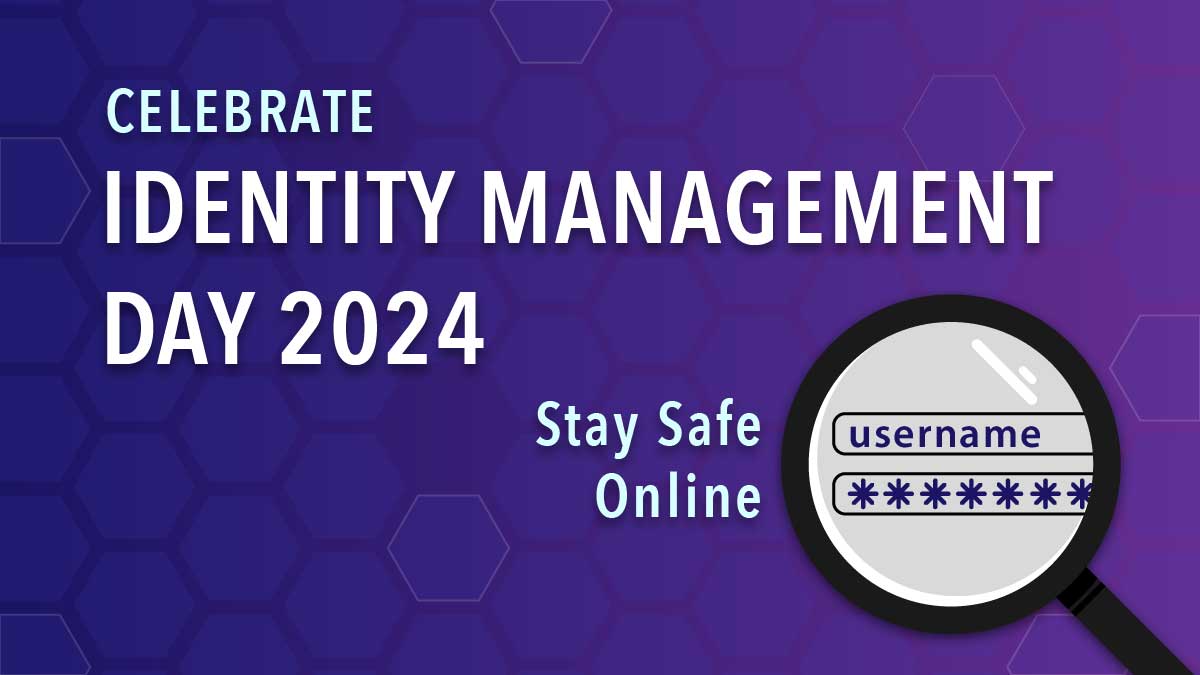
As data breaches continue to make headlines, Identity Management Day, celebrated on April 9 this year, serves as a timely reminder to prioritize the security of your online accounts.
When was the last time you updated your passwords? Have you recently gotten notice of a data breach, and have you taken any action to improve the security of those accounts? Compromised login credentials have long been the most common cause of account takeovers for individuals and data breaches for organizations.
A recent U.S. News & World Report survey found that:
- 26% of people write their passwords on paper
- 24% memorize their passwords, and keep them similar from account to account
- 17% use the notes app on their devices to store passwords
These three means of storing and managing passwords are not recommended. They can be easily compromised should your device be lost, your physical space be invaded, or one of your passwords be guessed (which makes all similar versions more easily hacked).
While there is no foolproof way to ensure passwords are not compromised (thanks to the constant efforts of cyber criminals and their ever-evolving tactics), there are individual controls and behaviors that can make passwords stronger, harder to crack, and safer to manage.
Since most credential compromises are preventable, establishing more secure ways to protect digital identities is the best possible way to reduce the chance of this happening to you. It is easy to do by following these best practices to help strengthen your account security.
Use Strong and Unique Passwords
A strong password that is long and complex is an added layer of protection for all your accounts. Make sure you always use a different password for each new account you open. With this practice, the scammers will not be able to use the same password to get into your other accounts if one of your accounts is compromised. The password standard at Notre Dame is a minimum of 16 characters.
Use a Password Manager
A password manager tool makes remembering those unique passwords much simpler. Password managers can generate complex passwords for all your accounts, and store them in one secure location. The same survey referenced above found that 27% of people utilize the ease of a password manager. Notre Dame offers 1Password to all employees and students at no cost to help keep their credentials secure. To get started with 1Password, visit this knowledge article.
Add Multi-Factor Authentication When Available
Multi-factor authentication is another security control available to protect your accounts. It requires a second touchpoint (like a code texted to your phone, or sent to the email associated with the account) to confirm your identity before the login process is completed.
Notre Dame uses Okta two step login to provide access to its many online services. A similar multi-factor authentication option can be enabled on many other online accounts and applications. Look for this in your privacy or account settings.
More information about Identity Management Day and the ways you can secure your digital identity on the National Cybersecurity Alliance website.